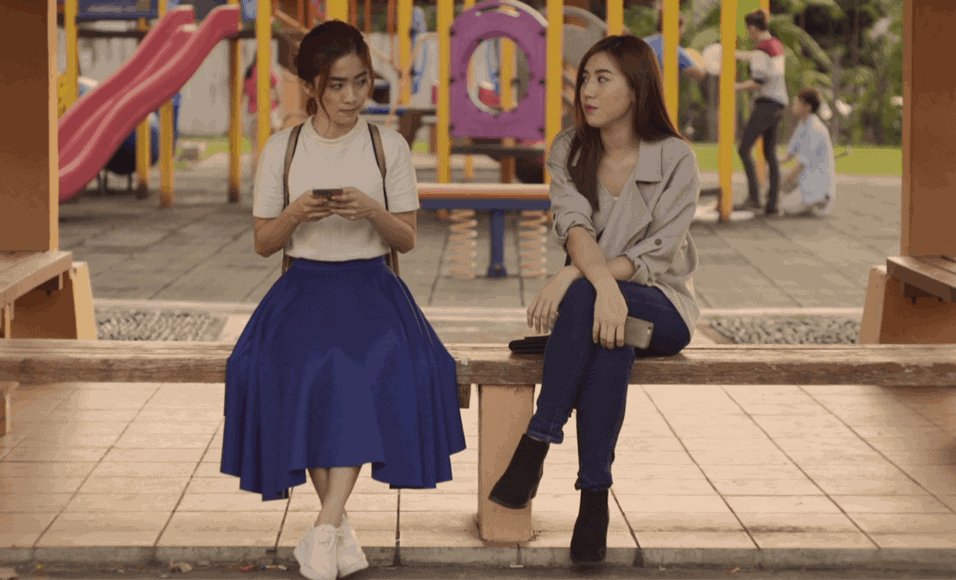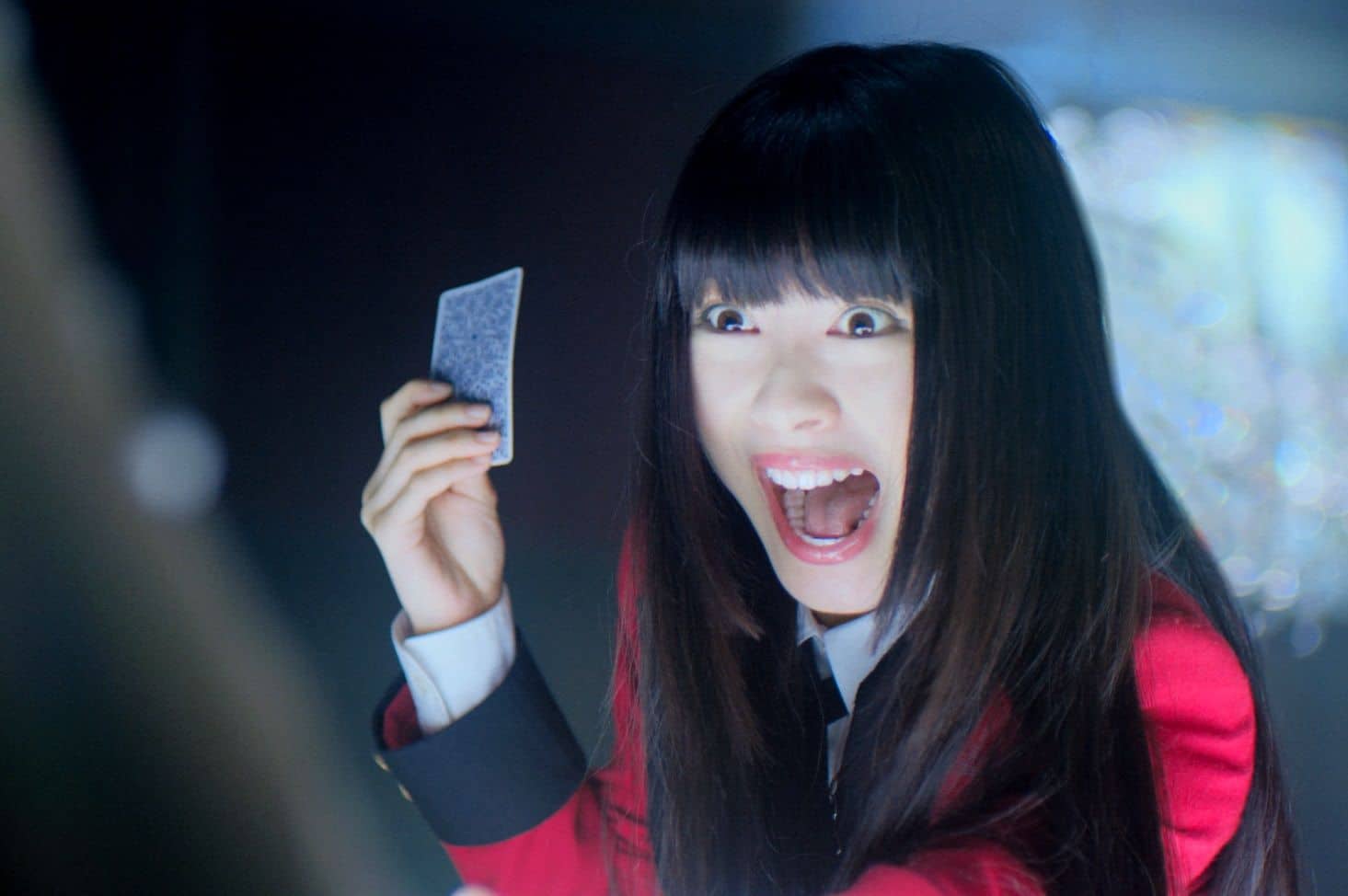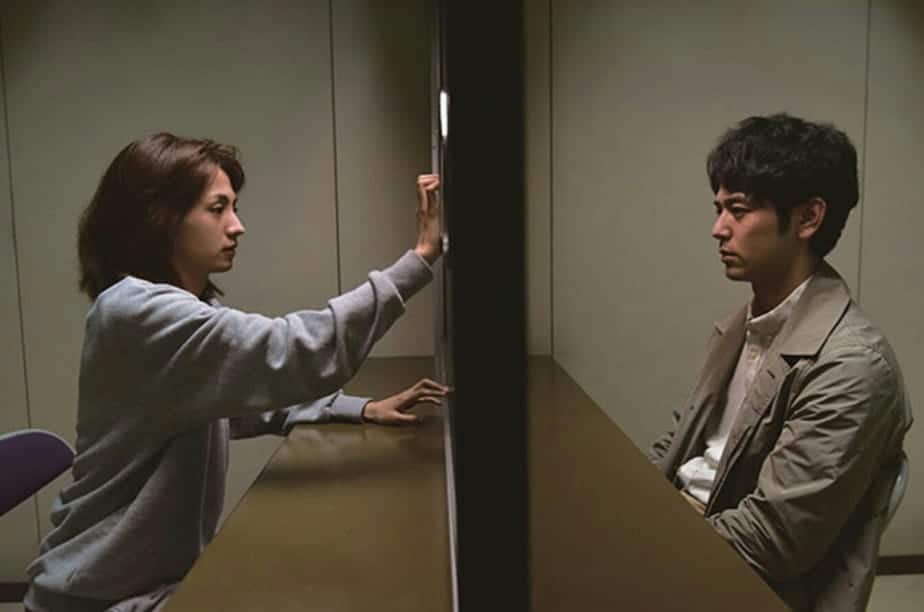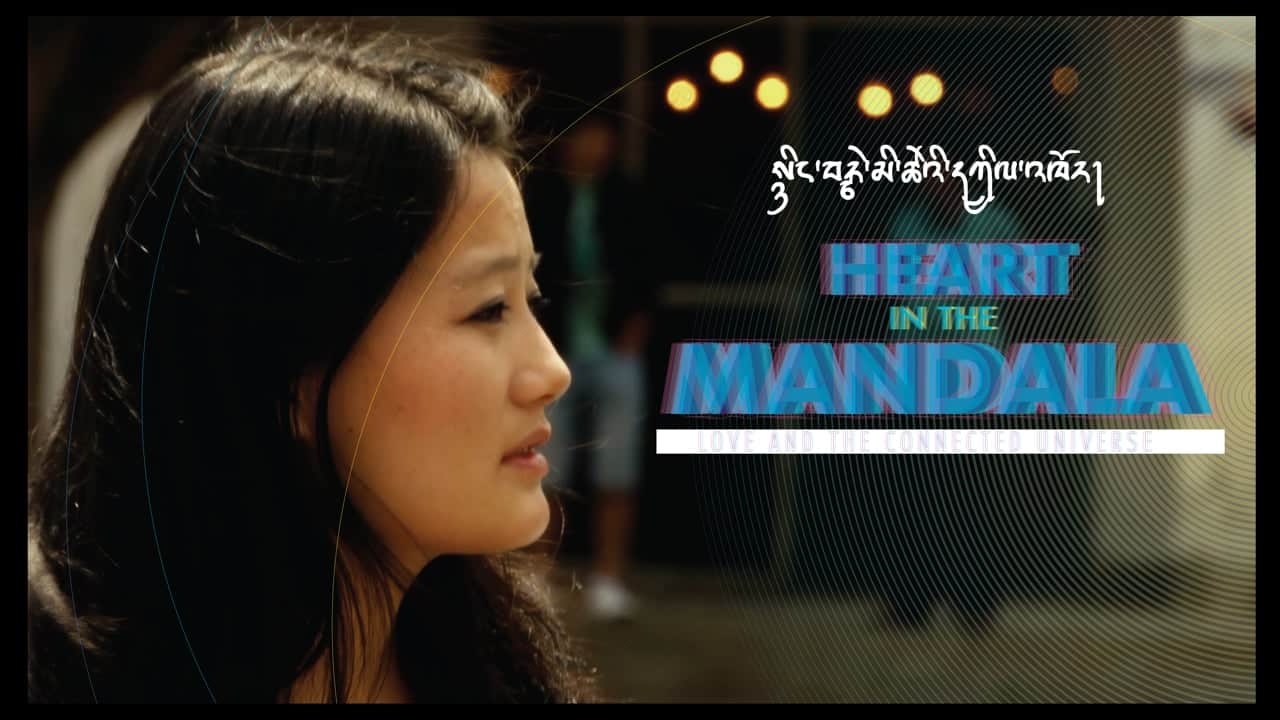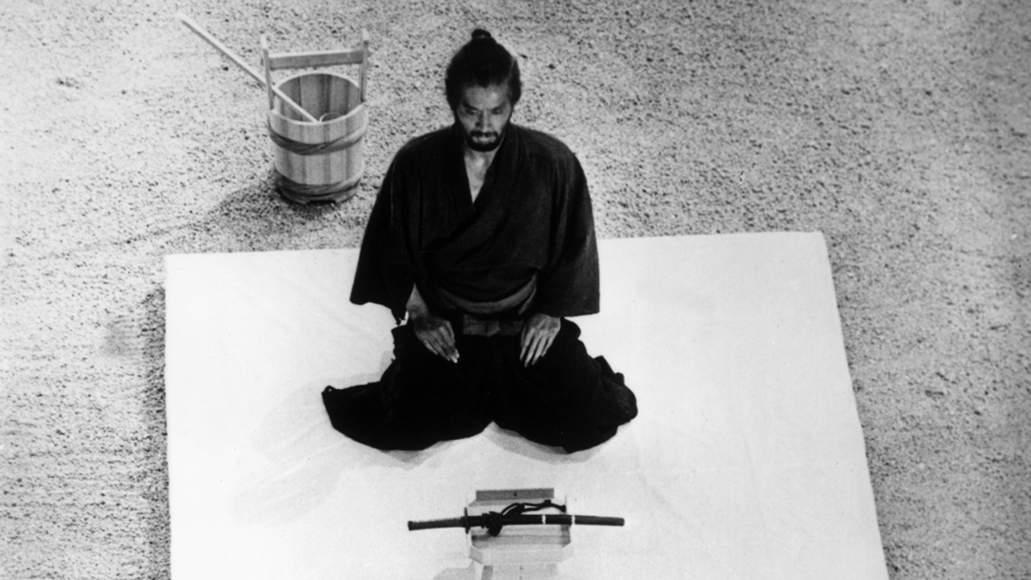Like in a Pirandello's piece, we all play a part and wear a mask in life and with that mask, we go along with our social interactions. It is unsettling and fascinating at the same time. “Baeu Baeu”, a short movie by Cheng Thim Kian explores the way we deal with truth, sincerity and lies and the consequences of it.
It's the evening of the Mid Autumn Festival and aspiring actress Emily (Emily Chan) has just returned from an audition for a film, more precisely for the part of a Korean girl. She doesn't think she will get the job as her knowledge of Korean is less than scarce. Coincidentally, near Emily a girl is talking fluent Korean on the phone and from initial curiosity a conversation sparks between her and Dalnim (Pauline Tan). The two end up spending the Harvest Moon night chatting and laughing and even dancing under the moon. At the moment of parting however, the discovery of a little lie casts a shadow on the newly formed friendship.

What would have happened if the girls had been completely honest to each other? The film answers with a “sliding doors” trick and in a second part, we are able to see how the story would have unraveled without that initial lie. Nevertheless, even in this parallel track something goes slightly wrong.
In this well crafted and thought-provoking short film, we are offered a reflection about truth and identity, and challenged to analyse our own behaviour and actions, by observing the exchanges between the protagonists. Little lies are still lies and bound to generate infinite ripples. What is behind them? What are they covering or enhancing? What role do they play in our self-representation?
In a Hong Sang-soo-style move, the second part of the film hypothesizes a narration flowing free from obstacles in the form of lies, but the flow will find some other bumps along the way, generating more questions than it actually answers. It is interesting that the two characters – not coincidentally, two actresses – undergo a process of self-confrontation in the two segments, using each other as a mirror that throws their self-image back at them.

The script, from the director himself, is very lyrical at times but cryptic at others. The film poses big questions indeed. What do I want? What is real or unreal? And ultimately: Is mind more important than heart? Luckily for us, they are watered down in the context of a fresh friendship and a girl night out, chatting and dreaming in a deserted playground under the moon, with a certain Murakami flavour to it. However, the meta-cinematic scenes of the actual filming, placed in the dreamy sequence of the parallel story are maybe one too many layers to an already labyrinthine narration and risk to disorient and distract the audience.
The film is gracefully acted and is punctuated by a rhythmic score by Androine T. The cinematography from Ken Loo and Hor Tat Chin creates the moods, jumping from a bright afternoon to a darker and darker night.
The shapelessness of identity offers multiples possibilities, maybe the absence of an overt lie doesn't really prevent us to hide behind a façade. “Beau Beau” doesn't answer, but resolutely invite you to think about it.


